PSoC CY8C21x23血壓監(jiān)測(cè)方案能替代傳統(tǒng)系統(tǒng)元件
Cypress 公司的PSoC CY8C21x23是集成了可配置的模擬和數(shù)字外設(shè)功能,存儲(chǔ)器和微控制器,能替代多種基于MCU的傳統(tǒng)系統(tǒng)的元件.M8C處理器采用功能強(qiáng)大的哈佛架構(gòu),速度高達(dá)24MHz,工作電壓2.4V-5.25V.本文介紹PSoC CY8C21x23主要特性,方框圖以及采用PSoC 的血壓監(jiān)測(cè)儀所用主要元件,原理和方框圖.
本文引用地址:http://www.ex-cimer.com/article/199007.htmBlood Pressure Monitor with PsoC
CY8C21123, CY8C21223, CY8C21323 : PSoC? Programmable System-on-Chip PSoC? is a true programmable embedded system-on-chip integrating configurable analog and digital peripheral functions, memory and a microcontroller on a single chip. The PSoC family consists of many programmable system-on-chip controller devices. These devices are designed to replace multiple traditional MCU-based system components with a low cost single-chip programmable component. A PSoC device includes configurable blocks of analog and digital logic, and programmable interconnect. This architecture allows the user to create customized peripheral configurations, to match the requirements of each individual application. Additionally, a fast CPU, Flash program memory, SRAM data memory, and configurable I/O are included in a range of convenient pinouts.
The PSoC architecture consists of four main areas: the Core, the System Resources, the Digital System, and the Analog System. Configurable global bus resources allow the combining of all device resources into a complete custom system. Each PSoC device includes four digital blocks. Depending on the PSoC package, up to two analog comparators and up to 16 General Purpose I/O (GPIO) are also included. The GPIO provide access to the global digital and analog interconnects.
CY8C21x23主要特性:
■ Powerful Harvard Architecture Processor:
? M8C Processor Speeds up to 24 MHz
? Low Power at High Speed
? 2.4V to 5.25V Operating Voltage
? Operating Voltages down to 1.0V using On-Chip Switch Mode Pump (SMP)
? Industrial Temperature Range: -40°C to +85°C
■ Advanced Peripherals (PSoC? Blocks):
? Four Analog Type “E” PSoC Blocks Provide:
? Two Comparators with DAC References
? Single or Dual 10-Bit 8:1 ADC
? Four Digital PSoC Blocks Provide:
? 8 to 32-Bit Timers, Counters, and PWMs
? CRC and PRS Modules
? Full Duplex UART, SPI? Master or Slave: Connectable to All GPIO Pins
? Complex Peripherals by Combining Blocks
■ Flexible On-Chip Memory:
? 4K Flash Program Storage 50,000 Erase/Write Cycles
? 256 Bytes SRAM Data Storage
? In-System Serial Programming (ISSP)
? Partial Flash Updates
? Flexible Protection Modes
? EEPROM Emulation in Flash
■ Complete Development Tools:
? Free Development Software (PSoC Designer?)
? Full Featured, In-Circuit Emulator and Programmer
? Full Speed Emulation
? Complex Breakpoint Structure
? 128 Bytes Trace Memory
■ Precision, Programmable Clocking:
? Internal ±2.5% 24/48 MHz Oscillator
? Internal Oscillator for Watchdog and Sleep
■ Programmable Pin Configurations:
? 25 mA Sink, 10 mA Source on all GPIO
? Pull Up, Pull Down, High Z, Strong, or Open Drain Drive Modes on All GPIO
? Up to Eight Analog Inputs on GPIO
? Configurable Interrupt on all GPIO
■ Additional System Resources:
? I2C Master, Slave and MultiMaster to 400 kHz
? Watchdog and Sleep Timers
? User Configurable Low Voltage Detection
? Integrated Supervisory Circuit
? On-Chip Precision Voltage Reference
圖1.CY8C21x23方框圖
Blood pressure is one of the vital signs in the human body. It is measured using both invasive and non invasive techniques. This application note demonstrates how to build a non invasive blood pressure monitor using the PSoC?. This design does not use any external active components to buffer, amplify, and filter the signal.
The blood pressure monitor operates on the following principles.
The cuff is worn around the upper arm and it is inflated beyond the typical systolic pressure.
It is then deflated. The pressure starts decreasing, resulting in blood flow through the artery; this makes the artery to pulsate.
The pressure measured on the device during onset of pulsations defines the systolic blood pressure.
Then the cuff pressure is reduced further. The oscillations become increasingly significant, until they reach maximum amplitude.
The pressure at the maximum amplitude of these oscillations defines the average blood pressure.
The oscillations start decreasing as the cuff pressure reduces. The pressure at this point defines the minimal blood pressure or diastolic blood pressure.
This method of measuring blood pressure is the oscillometric method. It is often used in automatic blood pressure monitor devices because of its excellent reliability. Estimation of systolic and diastolic pressure is done using various empirical algorithms. The device uses oscillometric method to determine systolic and diastolic pressures .



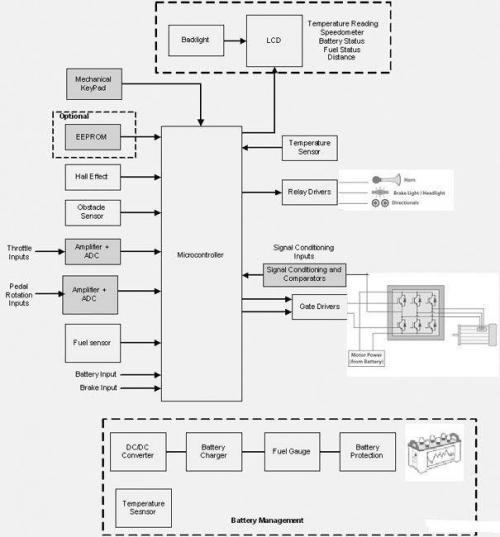
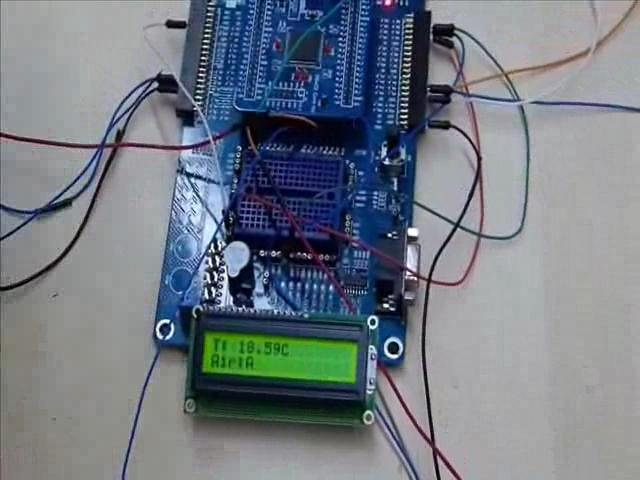
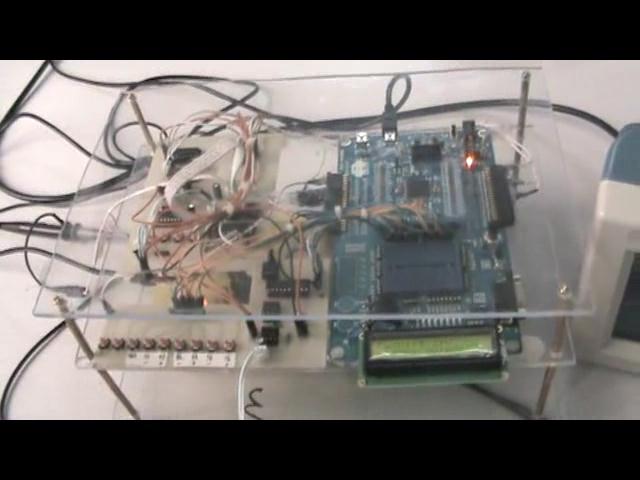

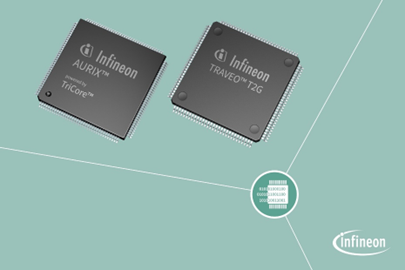



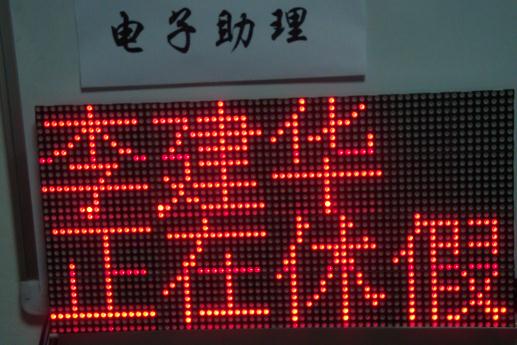
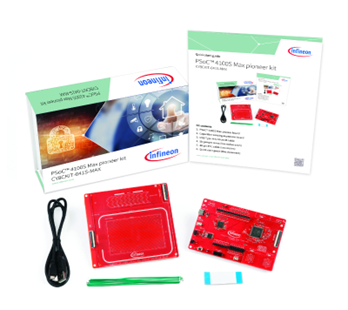
評(píng)論